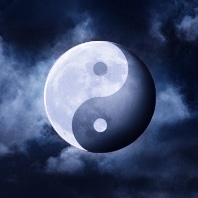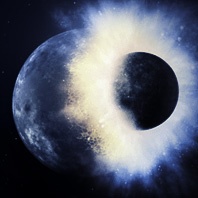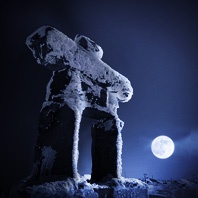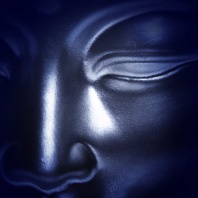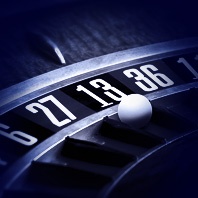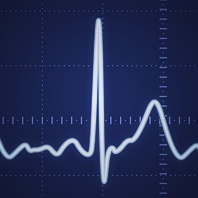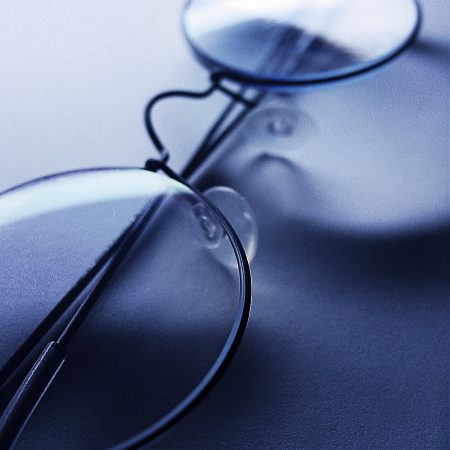Rubrik: Worth reading
In view of the two original principles »feminine« and »masculine«, it is tempting to attribute the feminine, receiving principle to the moon and the masculine, creative principle to the sun. And most languages, where nouns posess articles, do reflect this, like for example the Romance languages (French, Spanish, Portuguese, Italian). However, there are a number of languages, for example German, Norwegian, Polish, Slovenian, Serbian or Czech, where the moon is masculine.
So, does the moon contain more masculine quality, after all, than originally assumed?
Read more
The full moon has always been a companion through time, through months, through seasons and the entire year. In the early days even more so, because daily life of people had not been strictly ruled by the clock yet. It was the sun that determined the day and the moon that brightened the night. Nowadays, clock and calendar are our time scales, which is advantageous but also contains a dark side. You unlearn more and more to estimate time periods and to experience them consciously. We have almost forgotten to perceive how different a full moon feels like in December compared to a full moon in July …
Read more
On Wednesday, 15th June 2011 (or Thursday 16th June for certain time zones) is full moon and a total lunar eclipse at the same time. However, it will only be completely visible in the Near and Middle East. In Asia and Australia, the moon will be already set and in Europe and Africa, the moon will be just rising by the time the lunar eclipse takes place. In America, this event won’t be visible at all.
Read more
When Neil Armstrong became the first human being that set foot on the moon within the scope of the Apollo 11 mission in 1969, he said the famous words »That’s one small step for (a) man … one … giant leap for mankind« and hence erected a monument for this historic move. Rarely in history, did the success of human research and development work, condense so impressively in just one moment.
Read more
The Moon has not always been there. And although, no one has been present to observe its creation, scientists today, largely share the view that our Moon originates from a collision between Earth and another planet 4.5 billion years ago.
Our Earth – that looked completely different to how we know it to be today – had been circling with the planet Theia, which was about the size of our Mars, around the Sun. Some day, these two orbs clashed, produced an inconceivably powerful collision that totally destroyed Theia and catapulted an enormous amount of rocks into the orbit of Earth.
Read more
When taking a look at the Inuit [*] in the far north, you will find astonishing myths about the full moon. The Inuit live along the Arctic Ocean from the north east of Russia to Greenland and Canada, where coldness reigns. The culture is imprinted by an archaic consciousness, life is interwoven with legends that were never written down, due to harsh living conditions, but only passed down by word of mouth.
Read more
The full moon in May is a special day for many Buddhists, as the Vesak day is celebrated worldwide. According to tradition, Buddha was born on full moon in May, later became enlightened and also passed away on this day. This is how this day is honoured in countries like Singapore, Vietnam, Thailand, Indonesia and also in India, Nepal, Sri Lanka and many more. And above all of this, the full moon shines.
Read more
Today is Friday 13th and we wanted to take a look at, whether it is considered lucky and what this has to do with the full moon. Interestingly enough, the interpretation of the number 13 has developed in various directions in different countries and cultures and you can find as many examples for bad luck, as much as the ones that promise good luck, albeit diverse interpretations exist.
Read more
We all grew up with stamps. Those small, delicate images which tell stories of countries and events and which can decorate an envelope quite wonderfully. Nowadays, letters are increasingly stamped with bar codes or rolling stamps. Still, the stamps are surviving and occasionally, the moon is to be seen on them. Mostly when a historic space travel event is being celebrated.
Read more
Quite a lot! The date of Easter is actually determined by the full moon. Quite contrary to Christmas, the Easter date is part of the changing holidays and defined as follows: “Easter is on the Sunday after the first full moon in spring.”
At first glance, this appears to be quite easy: one look at the calendar, beginning of spring is mostly on 21st March and then simply search for the next full moon and the weekend after will be Easter.
Read more
